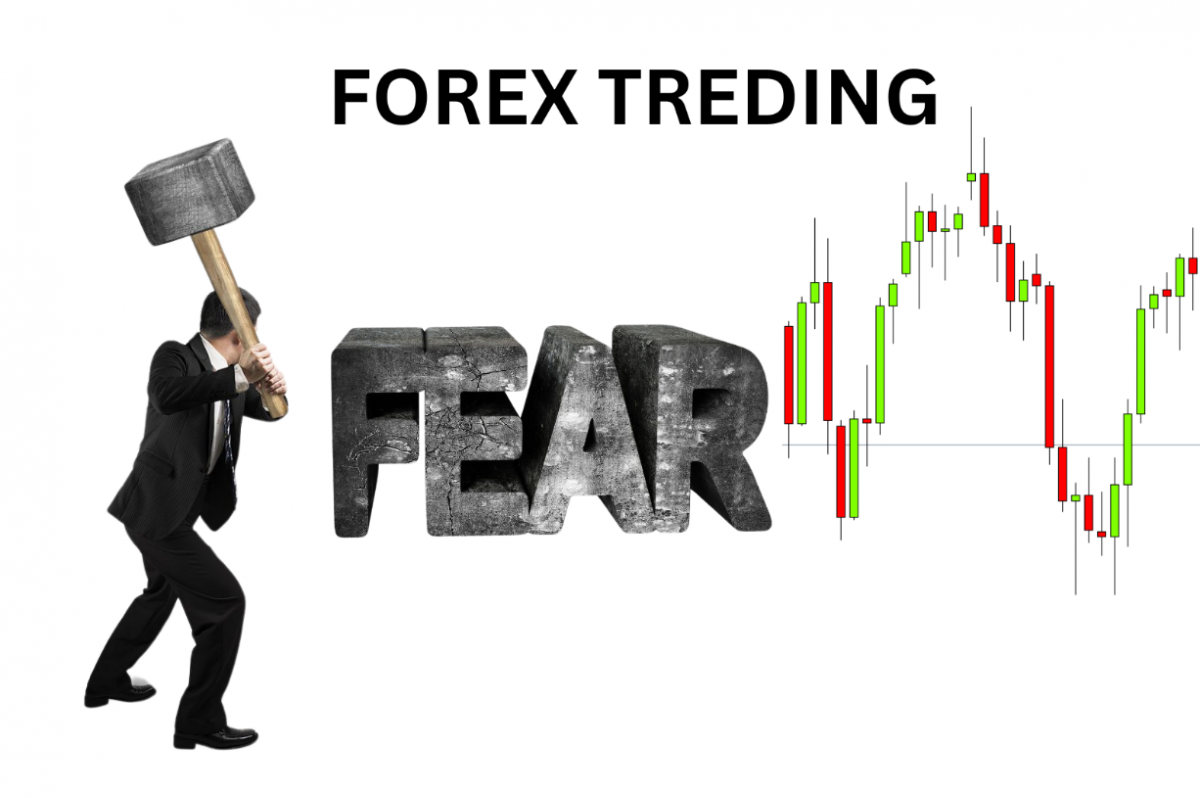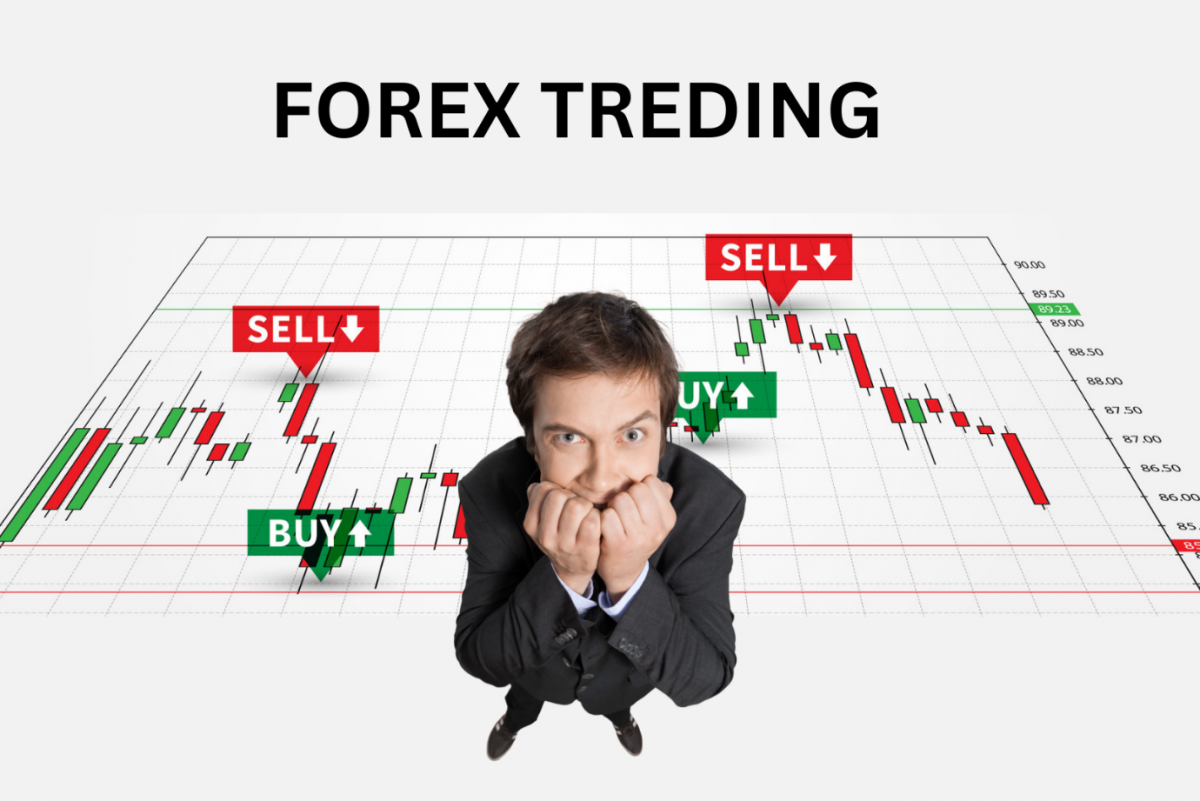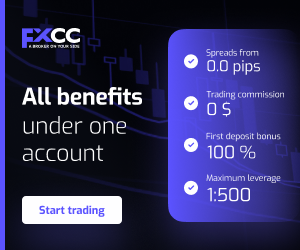How to overcome fear in forex trading
Emotions play a significant role in forex trading, often influencing decision-making in ways that can be detrimental to a trader's success. The fast-paced, high-risk nature of the foreign exchange market can trigger a range of emotional responses, from excitement and overconfidence to fear and anxiety. For many traders, fear becomes a persistent challenge, leading to hesitation, poor timing, or avoidance of necessary trades. This emotional instability can undermine even the most well-planned trading strategies.
Psychological resilience, or the ability to stay mentally focused and composed under pressure, is crucial for long-term success in forex trading. A trader's ability to manage stress and maintain emotional balance directly impacts their performance. Fear is one of the most common emotions experienced by traders, manifesting in various forms such as fear of losing money, fear of missing out (FOMO), or fear of making wrong decisions.
Overcoming fear is essential to becoming a confident and disciplined trader. Controlling emotions allows traders to make rational decisions based on market analysis rather than emotional reactions. By mastering emotional control, traders can reduce impulsive actions, improve risk management, and maintain a consistent approach to their trading strategy, ultimately leading to better results over time.
Understanding fear in forex trading
Fear is a natural emotional response in financial markets, particularly in the volatile world of forex trading. It stems from the uncertainty and potential for loss inherent in trading, where price movements can be unpredictable and rapid. Psychologically, fear is rooted in the human brain's aversion to loss, which can trigger fight-or-flight responses. When traders experience fear, they often react impulsively, leading to decisions that deviate from their established strategies.
There are several types of fear that commonly affect traders. Fear of loss is perhaps the most prevalent, where the prospect of losing money leads to hesitation or premature exits from trades. Fear of missing out (FOMO) arises when traders worry about missing potential profit opportunities, leading to impulsive entries into trades without proper analysis. Lastly, fear of being wrong can paralyze traders, making them reluctant to take necessary risks or admit mistakes.
Fear significantly impacts trading decisions, often resulting in irrational behavior. For example, a fearful trader may overreact to minor market fluctuations, leading to panic selling or holding onto losing positions for too long. Market volatility can amplify these fears, making it even harder for traders to maintain composure.
The consequences of trading with fear
Trading with fear often results in poor risk management, which can undermine a trader's success. When fear drives decision-making, traders tend to cut their profits short by exiting winning trades too early, worried about potential reversals. On the other hand, fear can also cause traders to hold onto losing positions for too long, hoping the market will turn in their favor, which often deepens losses. These behaviors distort a trader’s risk-to-reward ratio, reducing the potential for long-term profitability.
Numerous case studies highlight the severe consequences of fear-driven trading. For example, during market crashes or high volatility events, many traders panic and sell at the worst possible moments, locking in heavy losses. Such decisions, made in fear rather than based on rational analysis, have led to significant capital erosion for countless traders.
Prolonged trading under emotional stress can also lead to emotional fatigue, a state in which traders become mentally drained and lose their ability to make sound decisions. This fatigue often results in erratic behavior, such as overtrading (taking too many trades in hopes of compensating for losses) or undertrading (being too fearful to act on opportunities). Both behaviors disrupt a trader’s long-term strategy and hinder their ability to achieve consistent success.

Common triggers of fear in forex trading
Several factors can trigger fear in forex trading, with sudden market volatility being one of the most significant. Price fluctuations caused by unexpected geopolitical events, such as international conflicts or political instability, can lead to sharp and unpredictable movements in currency pairs. This volatility often unsettles traders, especially those unprepared for such shifts, leading to fear-based decisions like panic selling or hesitating to enter the market.
News releases and economic indicators also contribute to heightened fear. Announcements such as interest rate decisions, inflation data, or employment reports can cause rapid market reactions, particularly in major currency pairs. Traders anticipating these releases often experience anxiety, as even a small deviation from market expectations can lead to significant price swings.
The pressure of high-stakes trading further exacerbates fear, particularly when large positions or high leverage are involved. With leverage amplifying both gains and losses, traders can become overly cautious or impulsive, driven by the fear of suffering a significant loss.
Lastly, personal financial stakes play a crucial role in triggering fear. Traders investing money they cannot afford to lose are more prone to emotional trading. The fear of personal financial loss can cloud judgment, leading to rash decisions that deviate from their long-term strategy and increase the risk of costly mistakes.
Strategies to overcome fear in forex trading
Overcoming fear in forex trading begins with developing a trading plan. A well-structured plan provides clarity and reduces emotional responses by establishing predefined rules for action. Key components of a trading plan include setting criteria for trade entry and exit, defining stop-loss levels to limit potential losses, and identifying target profit levels. These elements minimize uncertainty and prevent emotional decision-making in the heat of the moment.
Risk management techniques are essential for keeping fear in check. Setting appropriate risk-to-reward ratios helps traders feel more secure by ensuring that potential profits outweigh risks. Using position sizing, where trades are adjusted based on account size, can also protect against excessive exposure. Additionally, diversifying trades and limiting leverage reduces the impact of losses, making it easier to stay calm during volatile market conditions.
Practicing with a demo account is another effective strategy for overcoming fear. By trading virtual funds, traders can gain experience without the emotional pressure of real financial stakes. This approach allows them to refine their strategies and become desensitized to market fluctuations over time.

The importance of continuous learning and self-improvement
Continuous learning is essential for success in forex trading, as markets are dynamic and constantly influenced by global events. Staying updated with market analysis and global economic trends helps traders make informed decisions. Understanding key economic indicators, such as interest rates, inflation, and GDP reports, allows traders to anticipate market movements and reduce the fear that arises from uncertainty.
Active participation in forex trading communities offers valuable opportunities to learn from others' experiences. By engaging with fellow traders, both novice and experienced, individuals can exchange strategies, discuss market insights, and learn how others manage fear and overcome challenges. These interactions foster a sense of shared learning and support.
Journaling trades and emotions is another important tool for self-improvement. By documenting each trade and the emotions experienced during decision-making, traders can identify patterns of fear and its impact on their performance. Over time, this self-awareness helps them refine their strategies and address emotional triggers that may lead to poor decisions.
Additionally, seeking mentorship and professional guidance can accelerate a trader’s development. Learning from seasoned traders or financial experts provides practical insights into risk management, strategy building, and psychological resilience. Mentors offer personalized advice that helps traders avoid common pitfalls and continuously improve their skills and emotional control.
Psychological tools to strengthen emotional resilience
Strengthening emotional resilience in forex trading often involves using psychological tools, such as Cognitive Behavioral Therapy (CBT), which can help traders manage anxiety and fear. CBT focuses on identifying and challenging negative thought patterns that arise during stressful market situations. For example, a trader might catastrophize a minor loss, leading to further anxiety and poor decisions. CBT exercises encourage traders to reframe such thoughts, replacing them with rational, balanced perspectives, which reduces fear-based responses.
Practical exercises from CBT, such as thought journaling and cognitive restructuring, can shift negative thinking. By regularly identifying automatic, irrational thoughts and actively replacing them with positive alternatives, traders learn to respond to market fluctuations with more composure and confidence.
Visualization techniques are another effective tool for building resilience. Traders can mentally rehearse how they would handle adverse market conditions, imagining themselves staying calm and executing their trading plans under pressure. This mental preparation reduces anxiety when faced with real challenges, as the brain becomes conditioned to respond in a controlled manner.
Conclusion
Controlling fear is crucial to becoming a successful forex trader. Emotional responses, particularly fear, can cloud judgment and lead to poor decision-making, ultimately resulting in losses. Traders who allow fear to dominate their actions often struggle with risk management, overtrading, or hesitating at key moments, which undermines their long-term success. Developing emotional discipline is essential for overcoming these challenges.
Practicing emotional control helps traders remain focused on their long-term goals rather than reacting impulsively to short-term market fluctuations. By maintaining discipline, sticking to a structured trading plan, and implementing effective risk management techniques, traders can reduce the impact of fear on their decision-making process. Consistency, patience, and a commitment to continuous improvement are key components of long-term success in the forex market.
Ultimately, a trader’s mindset plays a significant role in their ability to succeed. Building mental resilience through techniques like cognitive behavioral therapy, visualization, and positive self-talk can strengthen emotional control and improve trading performance. Traders who develop a balanced mindset and approach their trades with confidence, discipline, and clear strategies are more likely to achieve sustained success in the forex market. By mastering the psychological aspects of trading, traders can navigate market volatility with greater ease and achieve their financial objectives.


